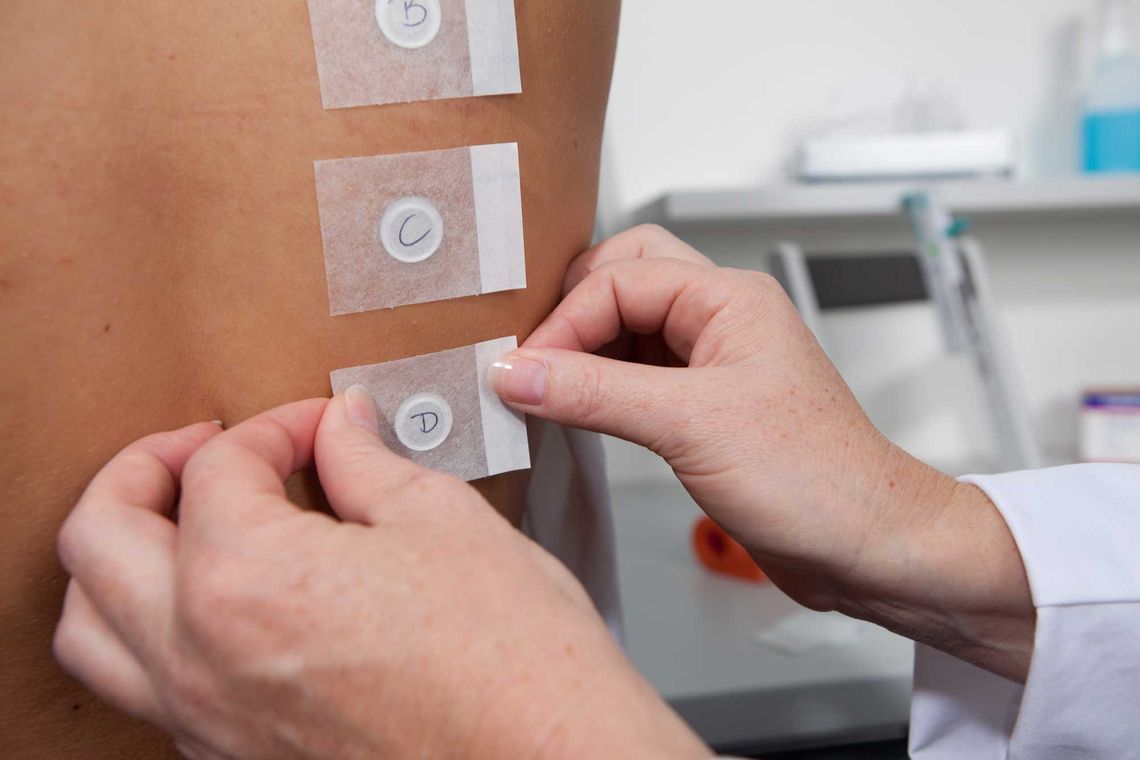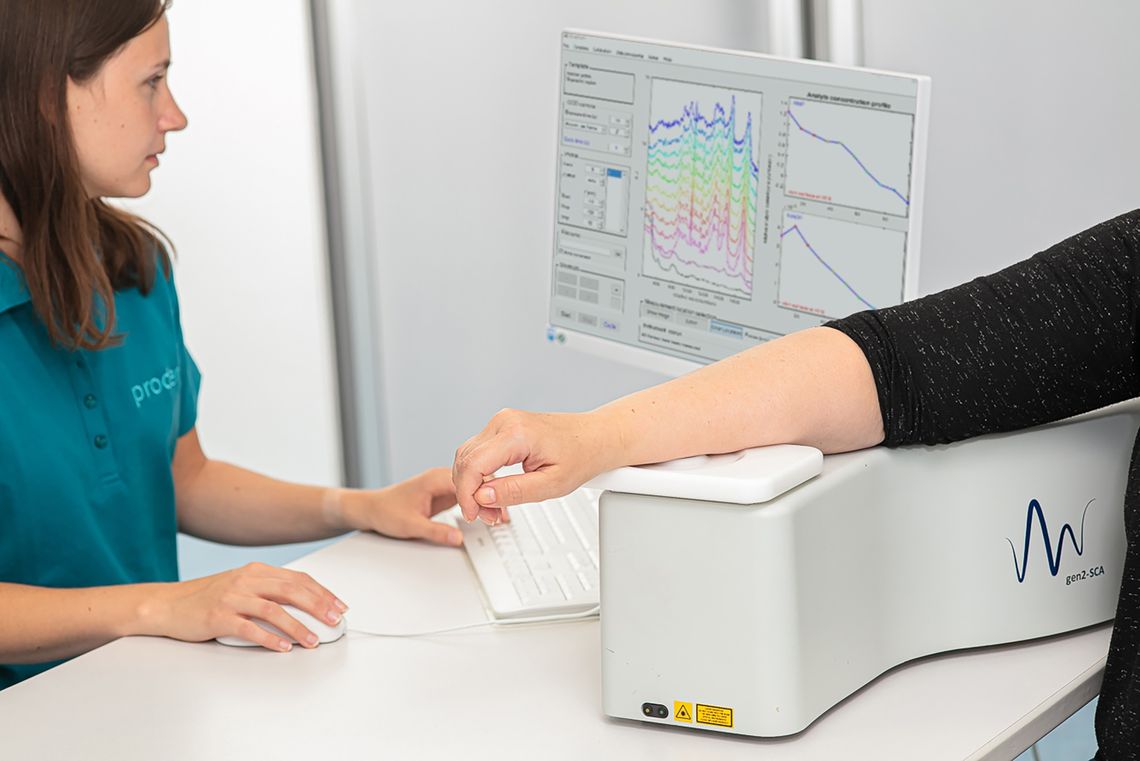Testing the efficacy of hair care products
We offer a wide range of biophysical test methods for determining the efficacy of hair care products, as well as for carrying out corresponding claim support studies. In our specially equipped hair laboratory, we investigate conditioning, strengthening, and protective product properties. The different methods can also be combined here. In addition to the biophysical methods, we also offer in vivo proof of efficacy such as anti-dandruff studies and studies for products that are supposed to promote hair growth.
Study types
Cleansing, Conditioning & Repair
- Anti-frizz
- Anti-hair breakage, Resistance
- Anti-spliss, Split ends, Spliss repair
- Elastic properties of single hair fibers
- Repairing efficacy: makes hair supple / flexible
- Smoothness and suppleness of hair surface
- Protection against hair damage
- Protection against UV Damage / Sun protection
- Protection and repair of "weathered" hair
- Wet and dry combability
- Volume increasing cleansing effects
- Long term volume at high humidity
- Non-loading effects of conditioners
- Moisturizing / "Feels moisturized"
- Cleansing efficacy
- Strengthening efficacy
Hair color
- Color protection against wash-out or UV-related color fade
- Protection against damage due to bleaching or dyeing procedures
Special claims
- Anti-pollution
- Anti-static
- Thickness of the hair
- Amino Acid analysis
- Anti-Age
- Oxidation of hair lipids
- Anti-Oxidation efficacy
- Repair of hair surface by SEM
In vivo methods
- Sensory evaluation by expert grading
- Consumer test to assess product characteristics
- Tolerability test
- Anti-dandruff
- Anti-hair loss, Hair growth
- Measurements on the scalp (e.g. pH-value, sebum content, skin moisture, microbiome)
- Confocal Raman Microspectroscopy on the scalp








